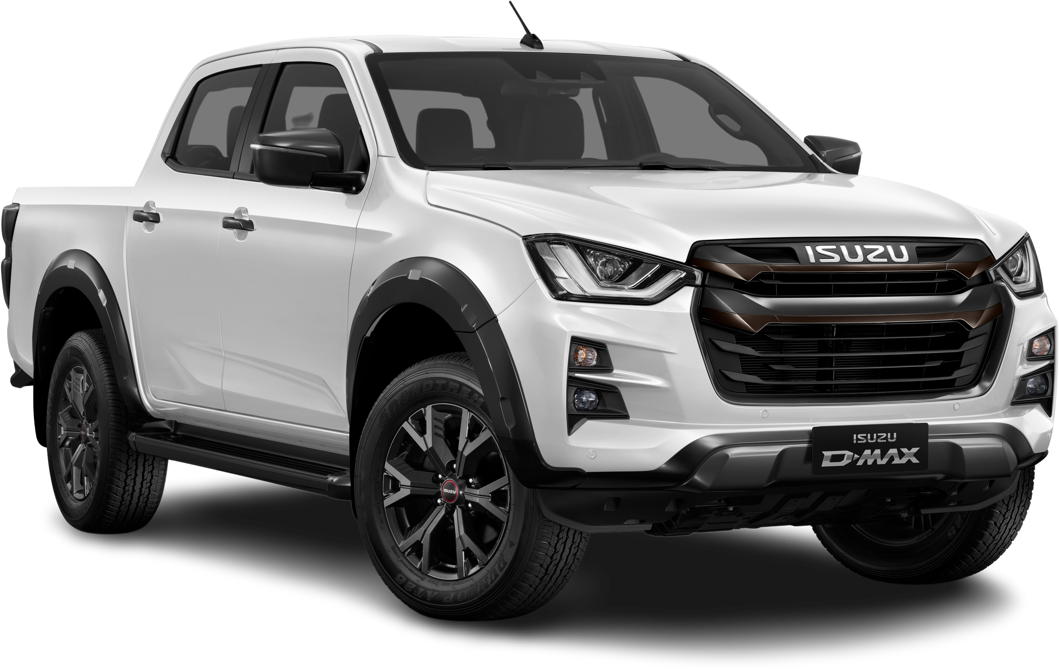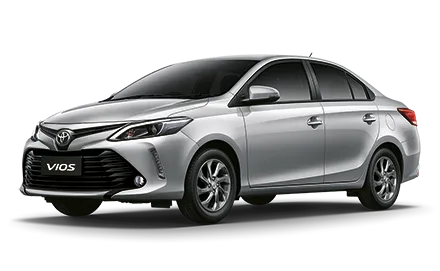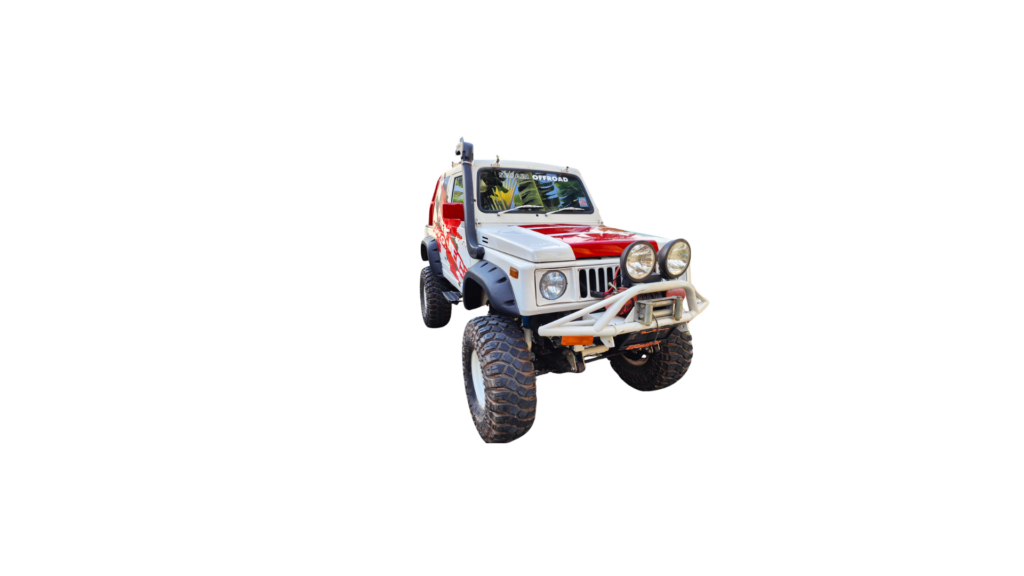Driving in Thailand in general is a relatively difficult task for a European used to an orderly mode of transport. A car is safer than a scooter, although it's the one people reach for most often, probably because simply looking at Thais who were almost born on a motorbike makes everything seem simple. Wrong is right and even an experienced "biker" sometimes has a job to do. I can confirm this myself.
It is definitely true that k driving you should have an international driving licencebut the police hardly check it. Rental shops will also usually rent to you without a licence. Group A driving licence requiredthat is, the so-called big bike. "B" for the car, which also includes a 125cc bike with an automatic gearbox is not enough for you here.
Evergreen is the pledge of a travel document. Local rental companies nowadays will not lend you anything without a guarantee, so you have 2 options, pledge your passport, which is common practice, although contrary to Czech law, or pledge cash in the case of a motorcycle around 5000, in the case of a car around 10000-20000 Baht. The reason is simple - the locals have learned from cases where tourists have driven their vehicles to, say, the airport in Bangkok or simply crashed and left them standing. No wonder.
A chapter in itself is dealing with the possible consequences of an accident. A decent rental company will get you a contract to sign as well price list for repairs, where prices for replacement or repair of individual parts are listed. They will also mark any existing damage on the plan and of course you can photograph the car/moto. Scooters are not insured ANYWHEREthat means you will have to pay for the damage in the event of an accident. It's understandable, a scooter costs around 250 Baht per day, so with insurance this business wouldn't pay much, especially considering the fact that insurance companies are strangely not from Mars and have data on accident rates in Thailand which is one of the highest in the world. In the case of scooters, the practice is also to pay for a few days when the scooter sits in the repair shop and the owner therefore claims lost profits, but this is negotiable. Definitely always keep a cool head, arguing will not help anything.
In the case of a car, the rental companies are insured, however, the deductible is usually 10,000 Baht, meaning that even if you cause a total loss, you pay 10,000 and the insurance company pays the rest. If you cause a minor accident, abrasions, etc., you will again pay an amount equal to the cost of the repair.
I definitely always recommend renting from a vetted operator, the hotel you are staying at, or someone you trust. Saving 100 Baht may not be the key.
A few (more) sentences in conclusion. It's not that you have to cross yourself when you say the phrase "driving in Thailand", but caution and sound judgment are in order. The cliché that driving on the left is difficult is not true, you will get used to it quickly, however there are other pitfalls such as poor judgement on the left side in a car, the relative opacity of local traffic with people overtaking and undertaking from the right and left, other tourists, road conditions and of course your ability. Always test drive the scooter first by yourself and then with a passenger, brake with both, try turning, be realistic with yourself. If you can't, pay extra for a car/taxi, you'll be blaming yourself or your survivors in the hospital. The car is fine apart from the aforementioned left hand guess, the gear shift is the same, just different hand, the turn signals are in place of the wipers so you'll be constantly testing their function for the first few days. When riding a scooter, stay to the left by the side of the road so others can pass you, and in the car, leave room for scooters on the left (this also eliminates the possibility of running into a ditch - as I said, your estimate for that side will be skewed). Always wear a helmet on your scooter, it doesn't pay to throw machers. Plus you can get fined around 500 Baht if you just ride it through a police check. Alcohol is not checked here, although there is a zero tolerance policy. Have a beer or two, but definitely don't go anywhere after a bottle of vizour. Definitely equip yourself with a copy of your passport and insurance card before you ride, even if it's unbelievable, you could fall off your bike and be rushed to hospital. There you will need your insurance details (if you are hospitalised, known as an inpatient) and proof of identity. Always, if possible, get transferred to a private hospital such as Bandon Hospital, Bangkok Hospital or Samui International Hospital. NEVER to the state-run Koh Samui Hospital (here only if it is the closest and you are in life-threatening danger or do not have insurance - because of the cost - but I hope you will not travel to a destination like Thailand without good travel insurance).
Good luck :-)





Blue Ocean Siam Management Co.,LTD.
Responsible person:
Mgr. Jakub Šafránek